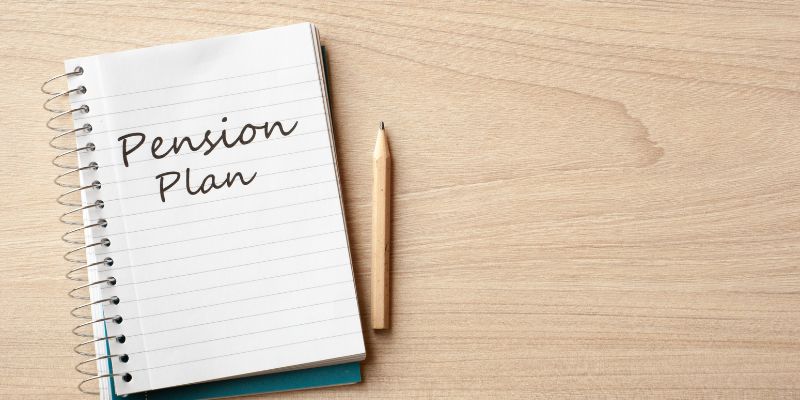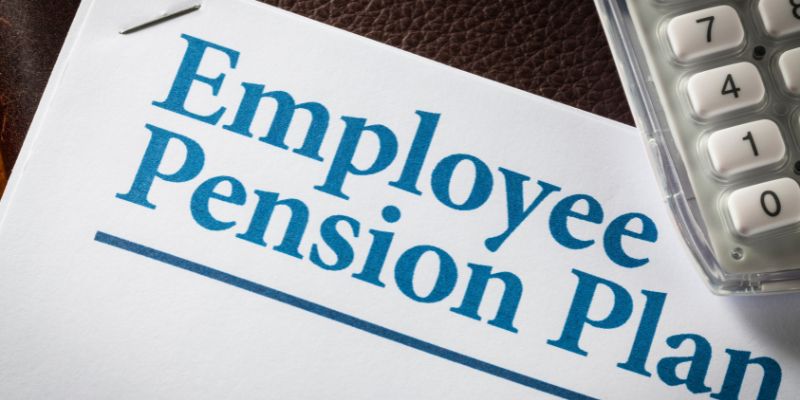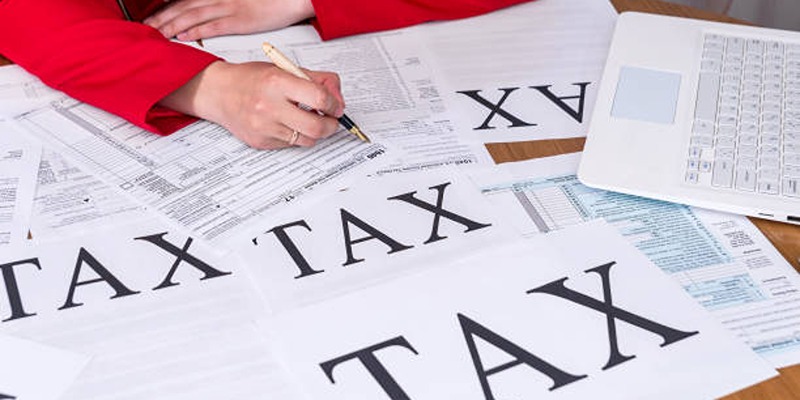What is Retirement Planning? Understand When to Start Your Pension
Aug 11, 2024 By Kelly Walker
Choosing the appropriate time to take your pension can greatly reduce your risk of running out of funds. Analyzing when to begin receiving pension benefits can be comparable to determining when to begin receiving Social Security benefits. Social Security and pensions both provide guaranteed income for the rest of one's life. Those are the only similarities between the two. While Social Security rules are the same for everyone, pension rules differ from company to company. The result is that two upcoming retirees with identical financial and family circumstances may choose very different retirement ages depending on the company for which they are employed. So, at what age is the best time to start planning for retirement and pension? Well, that is what we will discuss today.
What is The Best Time to Start Planning for Your Pension?
Do you wonder when to start contributing to your pension? So, in short, as soon as possible! Most people believe that pensions are only necessary as they age or when they have more disposable income, but it's when they actually need them that they should consider them. Thus, saving must come first - and much sooner than later.
Saving for a pension early will make it more valuable - not only because of your savings but also because of compound interest. This is how it works:
Assume that you plan to retire at age 65 and that your pension pot increases on an annual basis by 5%. Investing $5,000 in that pot at 20 and then passively letting the interest accumulate will result in $44,925 when you reach retirement age (i.e., 65). Investing that same $5,000 when you are 40 will have grown to only $16,931 when you are 65.
It is possible to contribute to a pension at the age of 18, and even a small amount is worthwhile.

What is the Process for Contributing To a Pension Plan?
Working people should consider contributing to their workplace pension schemes, as, depending on their age, working hours, and earnings, their employers may also contribute, increasing the value of their pensions further. In accordance with the law, all employers are required to offer pension plans, but not all employees qualify for automatic enrollment. You may still be eligible if you do not qualify for the workplace pension.
Is it Possible For You to Establish Your Own Pension Plan?
Certainly, whether you are self-employed or unemployed, you may be able to set up a personal pension to start making contributions while still claiming tax benefits. You can do this easily through a stakeholder pension if you are not contributing a large amount initially and wish to keep things simple. Investing in these can be a great starting point for young investors since they are easy to use.
Pension Plan Terms and Conditions
A pension plan's terms can vary greatly from one plan to another. Typically, a pension plan's payout is based on the number of years of service. Thus, your timing may depend on the year you reach a threshold. The payout is also affected by other factors, such as overtime and bonuses that count towards the payout or a cap on benefits. It is also common for plans to provide cost-of-living adjustments (COLAs). Make sure that you are familiar with the specific terms of your plan.
What is The Safety of the Pension?
The federal and state governments are responsible for ensuring that pension plans meet all their payment obligations, but this is not a guarantee. The default rate of pension plans has been low, but no pension plan is foolproof. During times of economic difficulty, a local government entity or private corporation may be unable to pay pensions. Many large public pension plans face the problem of underfunding.
Several estimates place the collective shortfall at trillions of dollars. There is no way to predict whether such underfunding will ultimately reduce benefits in a specific plan. However, prospective pensioners should keep in mind that it may not be prudent to place all their retirement hopes in one pension plan.
3 Main Retirement Plans That You Need to Know About
There are many types and sizes of retirement accounts. Each may have its own set of rules and regulations.
- Plans sponsored by employers
There is no better way for young adults to save for retirement than through employer-sponsored plans such as 401(k) or 403(b). Typically, major corporations offer this type of retirement account. It is similar to the plan used by public school employees and some charities. The two work in a similar manner.
You can have your employer match your investments up to a certain amount with these qualified retirement plans. A 3% contribution to your retirement plan account may be matched by your employer and deposited into your retirement account, providing you with a 3% bonus over time.

- Traditional Individual Retirement Accounts (IRAs)
A traditional individual retirement account (IRA) allows you to save money before taxes. Thus, your savings are deducted from your income before taxation is calculated. Therefore, it reduces your taxable income and, consequently, your tax liability. Investing in a traditional IRA could reduce your tax bracket if you are on the verge of a higher one.
This type of account has an upfront tax benefit. At the time of distribution, you pay tax at your standard tax rate. Don't forget, however, that the money will grow tax-deferred. As long as you do not make withdrawals from your account, you are not subject to capital gains or dividend taxes.
- SIMPLE Individual Retirement Account (IRA)
Rather than maintaining the costly 401(k), SIMPLE IRAs are available to employees of small companies. With it, employees save money through payroll deductions and can earn an employer match, just like with a 401(k).
A maximum of 3% of an employee's annual salary applies to this benefit. SIMPLE IRA contributions are limited to $15,500 in 2023 and $16,000 in 2024. The catch-up contribution limit of $3,500 is now $19,000 in 2023 and $19,500 in 2024 for employees 50 or older.
Conclusion
Everyone dreams of the day when they can finally say goodbye to their employment and retire. There is, however, a cost associated with this. At this point, retirement planning becomes important, and you need to think about pensions. It does not matter where you are in your life at the moment. Social Security benefits may be available, but they may not be sufficient, especially if you are accustomed to a certain lifestyle. Putting aside money now will make life easier in the future.

Getting to Grips with the Basics of PITI: Principal, Interest, Taxes and Insurance

The World of Kids' Allowances: A Parent's Guide to Financial Planning

1040 Tax Tables Explained: From Finding to Reading Without Stress

A Guide to Self-Funding Higher Education - Paying For College

How a Tax Incidence Works?

A Comprehensive Guide to Finding and Buying Off-Market Listings

Demystifying Shared Equity Mortgages: A Beginner's Guide to Affordable Homeownership

Dental Insurance Coverage: Cost and Availability in Your City

Understanding the Life Insurance Medical Exam: What to Expect and Much More

